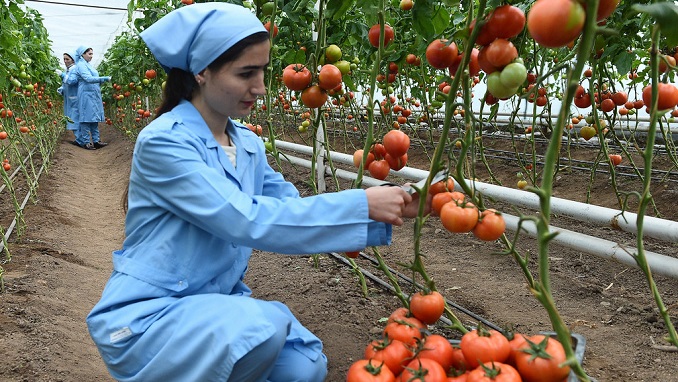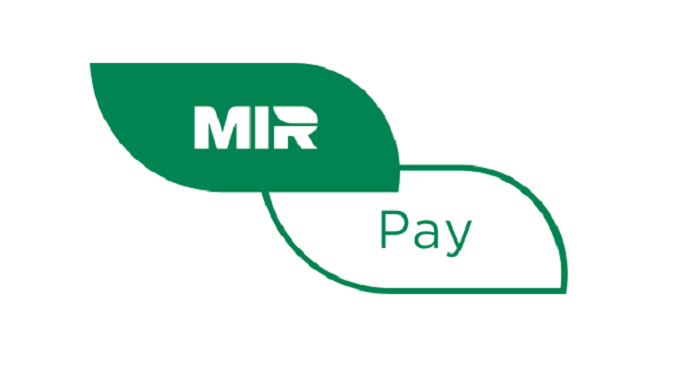The Food and Agriculture Organization of the United Nations (FAO) continued to support Tajikistan’s government on the policy level in 2022, the source at FAO told Trend.
FAO, which mainly works with smallholder farmers and vulnerable parts of the population, such as youth and children, has been cooperating with Tajikistan since 1995.
In the past year, FAO has mainly focused on improving sustainable food security and nutrition and increasing resilience to climate change in Tajikistan. By working on building capacities and brining-in updated methodologies and farming techniques, the organization supports the development of strategies related to the sector.
Among other things, FAO helped improve Tajikistan’s export capacity of the country, develop cooperatives, and initiated technical assistance for the projects it financed itself to support the agricultural reforms process.
Back in 2019, FAO and the EU joined efforts to help Tajikistan develop a national food safety strategy which is a key element to ensure safe food supplies for local, regional and international trade.
As they noted at the time, the creation of relevant and enforceable food safety policies and regulations and their implementation is a pivotal component of effective food safety systems.
Besides that, FAO also piloted the Food Insecurity Experience Scale (FIES) – an experience-based system of measuring individual food security – in 2022.
Together with other UN agencies, FAO initiated last year in Tajikistan the Integrated Food Security Phase Classification (IPC), which significantly contributed to the food security monitoring system.
Sources from the organization noted that several of Tajikistan’s relevant ministries and agencies worked along the Technical Working IPC Group to conduct a food security assessment in all 64 districts of the country.
Apart from the help on the policy level, FAO also helps Tajikistan to solve issues on the ground. At the beginning of the month, it delivered to the Locust Control Expedition (SE-LCE) of the Ministry of Agriculture of Tajikistan the essential equipment for locust survey and control operations.
Funded by the Japanese International Cooperation Agency (JICA), the support was provided within the second phase of the FAO project “Improvement of Locust Management in Central Asia” aimed at strengthening operational national capacities to prevent and limit the threats and damages posed by locusts.



